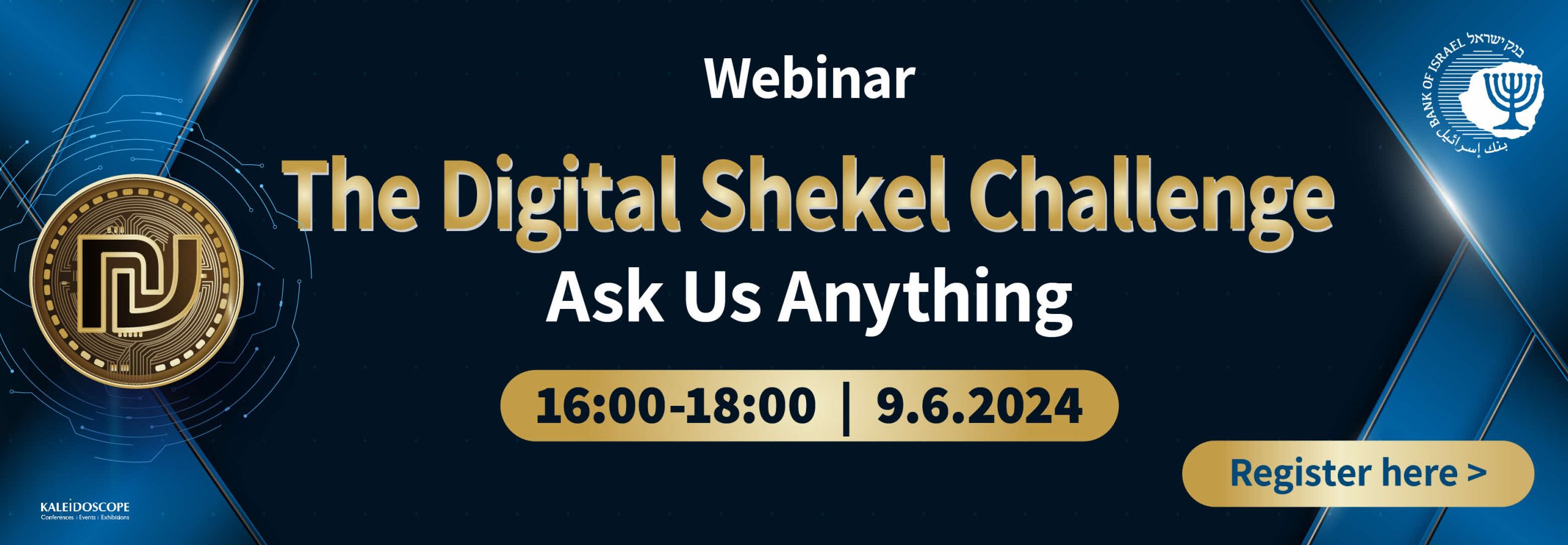In a trailblazing development, Japan’s central bank and the Finance Ministry convened for their inaugural meeting on Friday to delve into the prospects of launching a central bank digital currency (CBDC). This significant step reflects the growing global trend towards digital currencies, with Japan aiming to strike a delicate balance between convenience and personal data protection in the potential design of their CBDC.
Local outlet NHK News reported that high-ranking executives from relevant ministries and directors of the central bank engaged in an extensive discussion on various facets of a CBDC. At the forefront of these discussions was the Ministry’s proposal that a digital currency issued by the central bank should seamlessly integrate with private cashless businesses, placing emphasis on convenience and robust measures for safeguarding personal data.
The meeting, which included the presence of officials from the Cabinet Office, National Police Agency, Fair Trade Commission, and Personal Information Protection Commission, underlines the comprehensive approach Japan is taking towards the exploration of a CBDC.
Central Bank Digital Currencies (CBDCs) are a novel form of digital money regulated and issued by a country’s central bank. Diverging from the decentralized nature of cryptocurrencies, CBDCs are designed to provide a secure and reliable means for digital payments, with potential benefits including enhanced financial inclusion and reduced transaction costs.
As of now, Japan is in the early stages of investigating the viability of introducing a digital yen, with no definitive decision reached. The Bank of Japan initiated experimental trials of a CBDC in April 2021, focusing on assessing its technical feasibility. In a forward-looking stance, the central bank had previously indicated in 2020 that it would consider the issuance of a CBDC if there were a significant decline in cash usage in the future. However, it also underscored the possibility of issuing a CBDC to support private payment services, irrespective of the prevalence of physical currency.
The exploration gained momentum in April 2023 when Japan initiated a pilot program for its digital yen. By July of the same year, the government began discussions with notable corporations such as Sony, Toyota’s financial arm, and East Japan Railway to further the development of a digital yen. This collaborative approach with private entities signifies a concerted effort to align the potential CBDC with the needs and demands of the broader economy.
Crucially, the decision on whether to issue a CBDC rests with the Japanese government and parliament. The process will involve extensive public discussions and may even necessitate a referendum. This commitment to transparency and public input underscores Japan’s dedication to ensuring that the introduction of a CBDC aligns with the values and preferences of its citizens.
Japan’s exploration of a central bank digital currency marks a pivotal moment in the evolution of the country’s financial landscape. As discussions progress, it will be essential to strike a delicate equilibrium between the convenience offered by digital currencies and the imperative to safeguard personal data, ensuring that any potential CBDC becomes a transformative force for the Japanese economy in the digital age.
Referrence:
https://www3.nhk.or.jp/shutoken-news/20240126/1000101448.html



